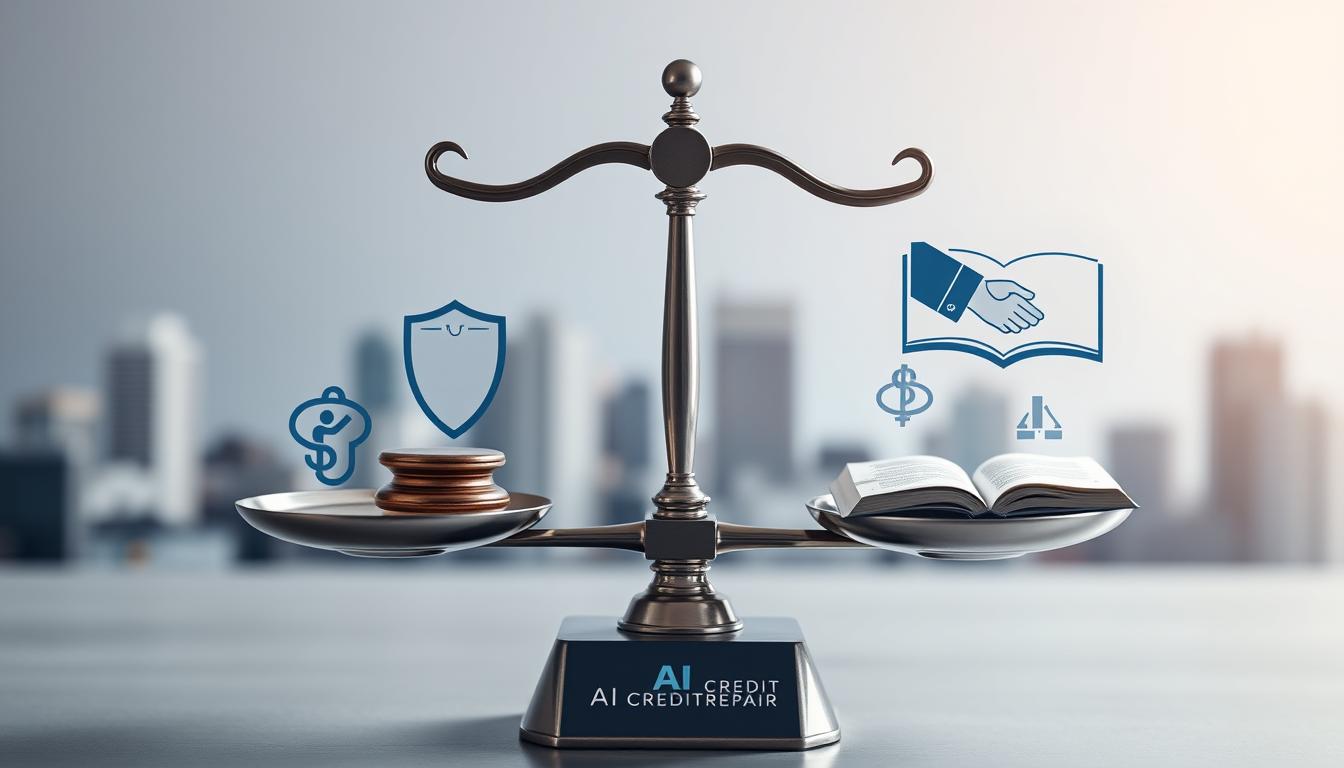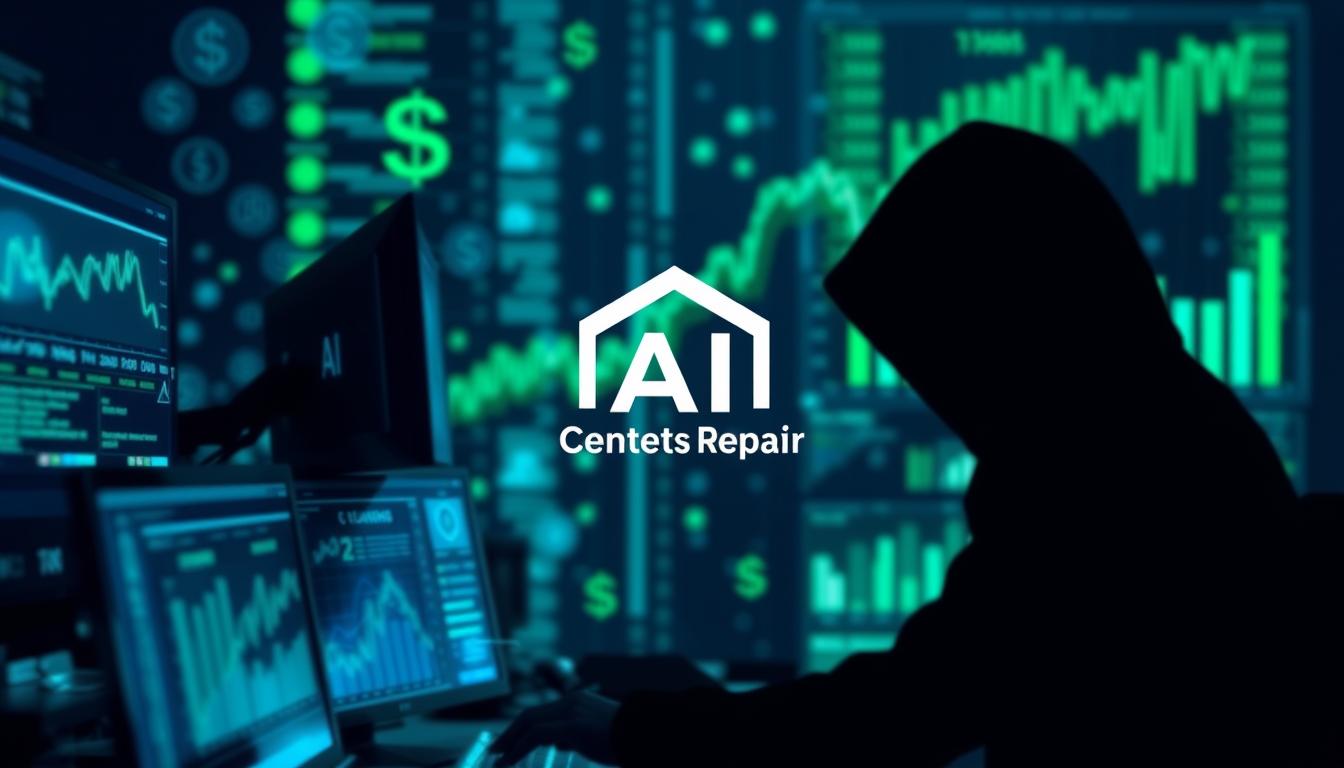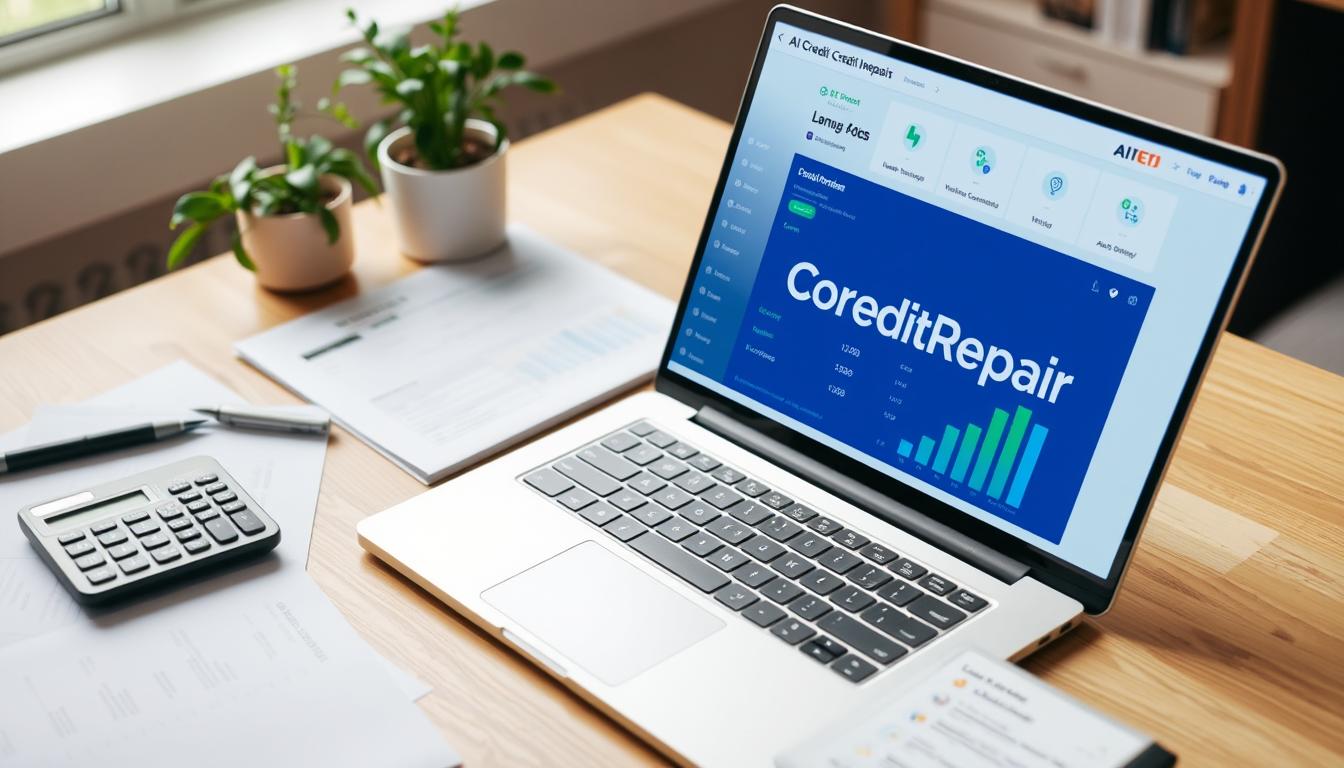A good credit score is crucial in today’s financial world. It opens doors to loans, credit cards, and job opportunities. Some people might consider getting a fake credit score as a quick fix.
However, this shortcut comes with severe risks and consequences. The dangers of fake credit scores are both legal and financial. They can have long-lasting effects on your life.
This article explores why people might want a fake credit score. We’ll also discuss the significant dangers of this approach. Understanding these risks is essential for making informed financial decisions.
Key Takeaways
- Fake credit scores can have serious financial and legal consequences.
- Manipulating your credit rating can lead to denial of loans, credit cards, and other financial services.
- Attempting to obtain a fake credit score is considered fraud and can result in criminal charges.
- Legitimate ways to improve your credit score, such as responsible credit management and credit counseling, are the safest and most effective approaches.
- Regularly monitoring your credit report for errors and inaccuracies is crucial to maintaining a healthy credit profile.
Understanding the Concept of Fake Credit Scores
Credit scores play a vital role in assessing financial health. Some people try to bypass this system with fake credit scores. Let’s explore what fake credit scores are and why they’re sought after.
What is a Fake Credit Score?
A fake credit score is a made-up number that doesn’t reflect true creditworthiness. It’s often created through credit repair scams or identity theft. These fake scores aim to misrepresent a person’s financial history.
Why Would Someone Want a Fake Credit Score?
People might seek a fake credit score to get loans they don’t qualify for. Others may want to hide bad credit history or gain negotiating power. However, this practice is unethical and often illegal.
Using a fake credit score can lead to severe consequences. These may include financial penalties and potential legal action. It’s a high-risk decision that can harm one’s financial future.
“Obtaining a fake credit score is a high-risk and unwise decision that can have far-reaching consequences for an individual’s financial future.
Next, we’ll dive into the legal and ethical issues of fake credit scores. We’ll also explore the potential risks and consequences of this practice.
Legal and Ethical Considerations
Fake credit scores are illegal in most places. They’re considered fraud and can have serious consequences. Using them may seem tempting, but it’s crucial to understand the risks involved.
Using fake scores is deceptive and undermines the credit system. It can harm others who rely on accurate credit information. This practice can lead to future difficulties in getting legitimate loans or credit.
The risks of using fake scores include identity theft and financial ruin. These consequences far outweigh any short-term benefits you might gain.
| Legal Implications | Ethical Concerns |
|---|---|
|
|
Understanding the legality of fake credit scores is vital. Equally important are the ethical issues with fake credit scores. These practices can severely impact your financial future and reputation.
“Fake credit scores are a form of fraud and can have serious legal and financial consequences. The ethical implications of this practice are also significant, as it undermines the integrity of the credit system and can harm others.”

Potential Risks of Using a Fake Credit Score
Using a fake credit score can lead to serious problems. It might seem tempting, but the risks are not worth it. The consequences can affect your finances and legal standing for years.
Financial Consequences
Fake credit scores can result in loan denials. Lenders carefully check credit scores when reviewing applications. If approved, you may face much higher interest rates.
This can make managing your finances very difficult. Your money troubles could worsen instead of improving.
Legal Ramifications
Using a fake credit score can lead to severe legal problems. You might face large fines or criminal charges like identity theft.
These penalties can affect your job prospects, housing options, and travel freedom. The long-term impact can be devastating.
The risks of fake credit scores far outweigh any possible benefits. Instead, focus on building your credit responsibly.
If needed, seek help from credit counselors or debt management services. They can provide legitimate ways to improve your financial situation.
The consequences of using a fake credit score can be devastating, both financially and legally. It’s simply not worth the risk.”
How to Get a Fake Credit Score
We won’t provide information on obtaining fake credit scores. This practice is unethical and illegal. Fake credit scores often lead to severe financial and legal consequences.
Attempting to get a fake credit score can result in damaged credit. It may even lead to criminal charges. These consequences can affect your financial well-being for years.
If you’re struggling with your credit score, there are legitimate ways to improve it. Credit counseling and debt management are helpful options. Responsible credit-building strategies can also boost your score over time.

A healthy credit profile is crucial for accessing affordable financial products. It also helps in securing housing and finding employment. Pursuing a fake credit score is never worth the risk.
Be patient and committed to improving your credit legally. This approach may take time, but it’s the safest path to a good credit score.
Commonly Used Methods for Obtaining Fake Credit Scores
Some people try to get fake credit scores through online services or credit repair companies. These methods are illegal and can have severe consequences. They can lead to financial troubles and legal problems.
Online Services and Websites
Some online platforms claim to offer fake credit reports or unethical credit-building services. Using these services is fraud and can result in serious legal issues. It’s important to avoid such websites.
Credit Repair Companies
Some credit repair companies promise to inflate credit ratings through questionable practices. These companies may seem legitimate, but can put you at risk. It’s crucial to research their practices before using their services.
| Common Ways to Get Fake Credit Scores | Risks and Consequences |
|---|---|
| Online services and websites claiming to provide fake credit scores | Illegal, can lead to financial and legal consequences |
| Credit repair companies engaging in unethical practices | Questionable practices, potential for legal issues and long-term financial harm |
Getting a fake credit score is unethical and illegal. The consequences can be severe, including fines and legal troubles. It can also damage your creditworthiness for a long time.
Responsible consumers should focus on legitimate ways to improve their credit scores. This approach helps maintain financial integrity and avoids potential problems down the road.
Legitimate Ways to Improve Your Credit Score
Boost your credit score legally and ethically. These strategies can build a strong financial foundation. You’ll gain access to deserved credit opportunities over time.
Paying bills on time is crucial for improving your credit score. Payment history is the single largest factor in determining your credit score. Consistent on-time payments can significantly impact your score positively.
Reducing overall debt and keeping credit card balances low also helps. These actions can give your score a noticeable boost.
- Pay bills on time, every time
- Reduce outstanding debt and keep credit card balances low
- Monitor your credit report regularly for errors or inaccuracies
- Consider becoming an authorized user on someone else’s established credit account
- Seek credit counseling or debt management assistance if needed
Focus on these legitimate and ethical strategies to improve your credit score. Avoid questionable or illegal methods. With patience and effort, you’ll build a strong financial future.
“Building good credit is like growing a garden – it takes time, effort, and consistent care, but the rewards are well worth it.”

Monitoring Your Credit Report
Reviewing your credit report regularly is vital for a healthy credit score. It helps you spot and fix errors that could harm your finances. This proactive approach prevents minor issues from becoming major problems.
Checking for Errors and Inaccuracies
Credit report errors can have serious consequences. They can affect your loan applications, insurance rates, and even job prospects. It’s crucial to review your report for any discrepancies.
Be on the lookout for incorrect personal information, erroneous account details, and any suspicious activities that may indicate identity theft.
- Review your credit report from each of the three major credit bureaus (Experian, Equifax, and TransUnion) annually to ensure accuracy.
- Carefully examine each section of your credit report, including personal information, account history, and credit inquiries.
- If you discover any errors or inaccuracies, initiate a dispute with the appropriate credit bureau to have them corrected.
Addressing credit report errors and monitoring the importance of your credit report can boost your financial health. It protects your credit score and ensures it reflects your true financial history.
“Regularly reviewing your credit report is like giving your financial health a checkup – it can catch issues before they become major problems.”
The Dangers of Identity Theft and Fraud
Fake credit scores might seem tempting, but they carry serious risks. Identity theft and credit fraud are criminal offenses with devastating consequences. These crimes can wreck your finances and personal life.
Identity theft risks include ruined credit and loan difficulties. Criminals can open fake accounts and max out credit cards with your info. This can destroy your financial health for years.
The consequences of credit fraud can follow you for a long time. It becomes hard to rebuild credit and regain financial control. Protecting your personal data should be a top priority.
- Fraudulent accounts and maxed-out credit cards can severely damage your credit score, making it harder to qualify for mortgages, auto loans, or even rent an apartment.
- Identity thieves may use your information to commit other crimes, like filing false tax returns or obtaining government benefits, leading to potential legal entanglements.
- Restoring your identity and repairing the damage caused by identity theft can be a long and arduous process, often requiring significant time and resources.
Using a fake credit score is never worth the risk. The consequences of credit fraud can be far-reaching and devastating. Protect yourself from these serious threats.

“Identity theft is one of the fastest growing crimes in America, with millions of victims each year. The effects can be devastating and long-lasting.”
Alternatives to Fake Credit Scores
Seeking a fake credit score is risky. Instead, explore legitimate options to boost your creditworthiness. These ethical alternatives offer long-term benefits for your financial health.
Credit Counseling and Debt Management
Credit counseling services and debt management programs are effective alternatives. They provide guidance to help you manage debt and rebuild your credit score legitimately.
Credit counseling services offer personalized debt plans and negotiate with creditors. They educate you on healthy financial habits and monitor your progress.
Debt management programs consolidate multiple debts into one payment. This simplifies repayment and shows lenders your commitment to responsible financial management.
- Analyzing your financial situation and creating a personalized plan to tackle your debt
- Negotiating with creditors to reduce interest rates and monthly payments
- Providing education and resources to help you develop healthy financial habits
- Monitoring your progress and adjusting your plan as needed
These legitimate alternatives can gradually improve your credit score. Over time, you’ll gain access to better financial opportunities.
Conclusion
Pursuing a fake credit score is unethical and risky. It can lead to severe financial and legal problems. Instead, focus on improving your credit through honest practices.
A strong credit score is vital for many financial opportunities. It helps in securing loans and renting apartments. Understanding credit scores and monitoring your report can boost your financial health.
Honest financial practices are crucial for long-term success. Embrace legitimate methods to improve your credit score. Consider credit counseling and debt management.
Financial success comes from transparency and ethical choices. By being responsible, you can build a strong financial future. Remember, integrity is key in all financial decisions.

